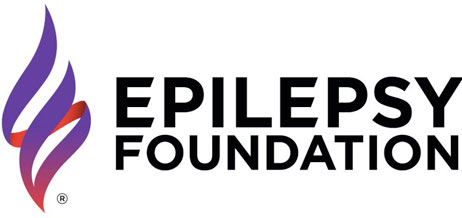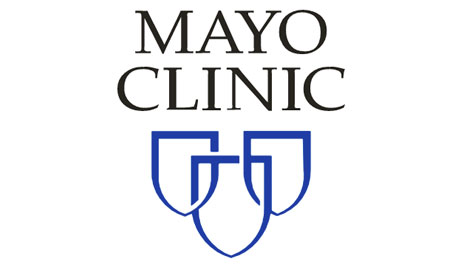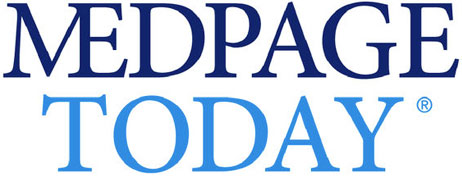Cannabidiol is a popular natural remedy that is used in many prevalent conditions. Better known as CBD, Cannabis sativa is one of more than 100 chemical compounds known as cannabinoids. Tetrahydrocannabinol (THC) is psychoactive compound found in Cannabis, causing the feeling of becoming “high,” which is often associated with marijuana. CBD is not psychoactive, however, unlike THC.
This quality makes CBD an attractive choice for those seeking relief from pain and other symptoms without marijuana’s mind-altering impacts or certain pharmaceutical drugs.
Does Cannabis help with a seizure?
Early proof from several years of laboratory research, anecdotal accounts, and small clinical trials indicate that cannabidiol (CBD) may help manage seizures. Due to federal legislation and restricted access to cannabidiol, CBD research has been challenging to do and time-consuming. There are a lot of financial and time limitations, as well. Several research have shown in latest years the advantage of particular plant-based CBD product in the treatment of specific organizations of individuals with epilepsy who have not replied to traditional therapies.
CBD & EPILEPSY
Approximately one-third of patients using cannabidiol (CBD) to handle treatment-resistant epilepsy developed tolerance to it, Israeli researchers revealed.
In a research of 92 kids and young adults with treatment-resistant seizures who used cannabis oil extract for an average of 19.8 months, 32.6 percent of patients experienced CBD tolerance, revealed Shimrit Uliel-Sibony, MD, from Dana Children’s Hospital at Tel Aviv Sourasky Medical Center, and peers at the annual conference of the American Epilepsy Society.
CBD VS MEDICATIONS
In the U.S., for kids with Lennox-Gastaut and Dravet syndromes, the FDA has endorsed a purified, pharmaceutical-grade cannabidiol (Epidiolex), a chemical component of the Cannabis sativa plant. Dravet syndrome and Lennox-Gastaut syndrome (LGS) are severe epilepsy in the infancy that is usually medicinal refractory. In the first 18 months of life, Dravet syndrome starts; LGS is generally diagnosed in kids aged 2 to 8 years. Children with these circumstances often continue to have life-threatening seizures despite attempting various medicines.
Trials and Results
Mayo Clinic participates in multicenter, multinational cannabidiol (CBD) therapy studies for kids with Dravet syndrome and LGS in Rochester, Minnesota. The first such CBD studies in the United States are the double-blind, placebo-controlled trials.
“These are critical studies because we do not have data on the use of CBD in carefully controlled trial designs. To date, we have only had anecdotal evidence in the popular media,” says Elaine C. Wirrell, M.D., a Pediatric Neurology consultant at the Minnesota campus of Mayo Clinic.
Epidiolex Cannabidiol
Epidiolex is a purified CBD extract from the cannabis plant (> 98 percent oil-based). It is generated in each dose by Greenwich Biosciences (GW Pharmaceuticals ‘ U.S.-based corporation) to provide known and coherent quantities.
In controlled clinical trials, researchers researched this medicine. These trials used a control group where some individuals took placebo while others received CBD at separate doses. Researchers did not understand who received placebo and who received CBD. These research types are called studies of the “gold standard.”
According to lead investigator Dr. Orrin Devinsky, patients taking a 10-milligram (mg) daily dose of pharmaceutical-grade cannabidiol (CBD) had a significant decrease in seizures as patients on 20 mg and fewer side effects. He is New York City’s manager of the Comprehensive Epilepsy Center at NYU Langone.
This is the third clinical trial to demonstrate that the Epidiolex cannabidiol medication helps treat two rare types of epilepsy, Lennox-Gastaut syndrome, and Dravet syndrome, Devinsky said.
The Bottom Line
CBD is very effective in treating epilepsy and is the best choice for people who are looking for natural ways to cure their condition.





